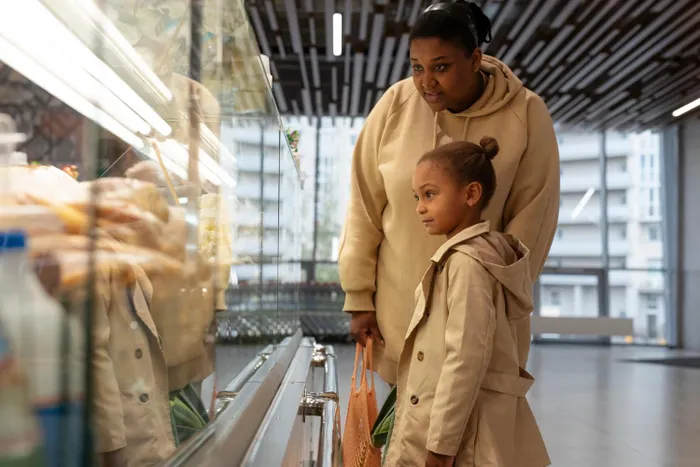
Parent need to educate their children about money matters.
Image: Freepik
In South Africa, where economic realities can be diverse and challenging, equipping our children with financial literacy from a young age is no longer a luxury but a necessity.
It's about empowering them to navigate the complexities of money, make informed decisions, and ultimately build a secure and prosperous future.
And the truth is, this vital education doesn’t begin in the classroom; it begins at home.
As parents, we are our children's first and most influential teachers.
Just as we teach them manners, kindness, and honesty, it is our responsibility to instil a healthy understanding of money.
The habits they form in their early years will have a profound impact on their financial well-being as adults, shaping their ability to achieve their dreams and weather life's inevitable storms.
As South Africans, we face unique financial challenges, from high levels of debt to wealth inequality.
By teaching children about money early, we are building a foundation for financial freedom, helping them understand budgeting, saving, investing, and how to avoid debt.
We are also preventing future mistakes by helping them steer clear of common pitfalls like overspending and accumulating bad debt.
This education fosters a mindset of responsibility, as children learn that money is earned through effort and that careful planning leads to achieving goals.
Furthermore, providing all children with financial knowledge, regardless of their background, can contribute to a more equitable society.
Finally, in an increasingly cashless world, it's so important for children to grasp that real money is being exchanged, even though they can’t see physical notes and coins.
Even if you haven't started teaching your children about money from infancy, it's never too late to begin.
The key is to tailor the lessons to their developmental stage, making them engaging and relevant to their lives.
I can speak from personal experience on this.
As a mother of a 12-year-old daughter, I'm now actively teaching her about saving and financial responsibility.
She gets a weekly allowance for helping with household chores, which we deposit into a savings account we opened for her.
She's now at an age where she can make decisions about her spending and learn from the consequences of poor choices.
For instance, she once spent all of her money on Robux, a mistake that taught her a valuable lesson about instant gratification versus saving for something she truly wants.
She's now a pro at saving and has a clear goal in mind: shopping for clothing on Shein, with a full cart already prepped.
Here is a breakdown of how you can teach your children about money at different stages.

A money jar allows your child to see their money grow.
Image: Cottonbro Studio / Pexels

Involve your child in grocery shopping.
Image: Freepik

Help them track their money.
Image: Freepik
Ultimately, the most powerful tool in your financial education arsenal is your own behaviour and willingness to communicate.
Be a role model by demonstrating good financial habits yourself.
Talk openly about money in your household in an age-appropriate way, demystifying it for your children.
Allow your kids to make small financial mistakes within a safe environment because learning from these early little missteps is invaluable.
IOL Lifestyle
Related Topics: